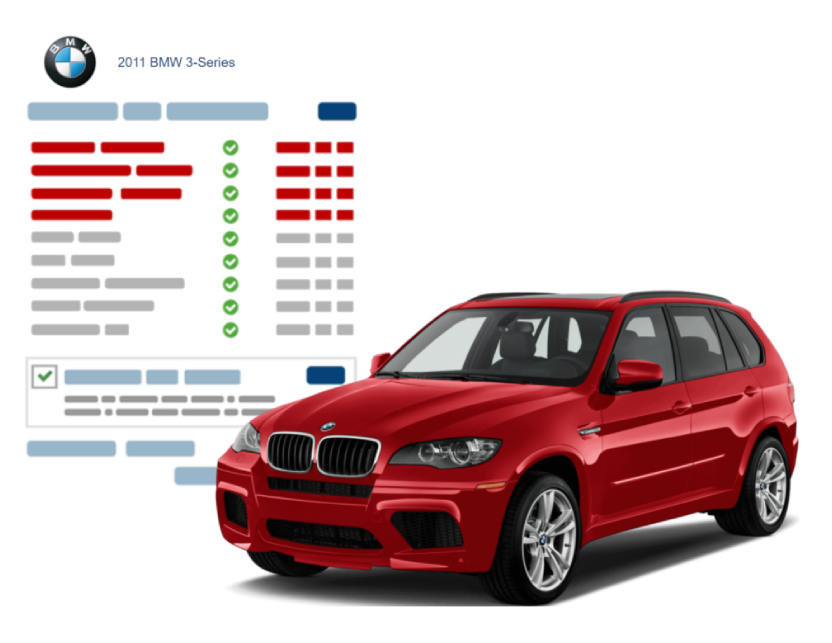
In an era where environmental concerns and rising fuel prices are ever-present, improving fuel efficiency is not just a smart financial decision but also a responsible environmental choice. By making small changes to our driving habits and maintaining our vehicles properly, we can significantly enhance fuel economy and reduce our carbon footprint. Here are some practical tips and tricks to help you get the most out of every litre of fuel.
1. Maintain Your Vehicle Regularly
Regular maintenance is crucial for optimal fuel efficiency. Ensure your vehicle undergoes routine check-ups, including oil changes, air filter replacements, and spark plug inspections. A well-maintained engine runs more efficiently and uses less fuel.
- Check tyre pressure: Under-inflated tyres create more rolling resistance, which can decrease fuel efficiency by up to 3%. Make it a habit to check your tyre pressure monthly and keep them inflated to the recommended levels.
- Use the right motor oil: Always use the manufacturer’s recommended grade of motor oil. Using the wrong grade can reduce fuel efficiency by 1-2%.
2. Drive Smoothly and Steadily
Aggressive driving habits such as rapid acceleration, speeding, and hard braking can significantly reduce your vehicle’s fuel efficiency. By adopting a smoother driving style, you can save fuel and reduce wear and tear on your car.
- Accelerate gently: Gradual acceleration uses less fuel than flooring the accelerator. Aim to take about five seconds to reach 20 mph from a standstill.
- Maintain a steady speed: Use cruise control on highways to maintain a constant speed and avoid unnecessary acceleration and deceleration.
3. Reduce Idle Time
Idling consumes fuel while getting you zero miles. Modern engines are designed to be fuel-efficient and restart easily, so there’s no need to let your car idle for long periods.
- Turn off the engine: If you’re waiting for more than a minute, turn off your engine. Restarting your car uses less fuel than idling for an extended period.
- Avoid warm-ups: Modern cars don’t need more than a few seconds to warm up. Driving gently is the best way to warm up your vehicle.
4. Lighten the Load
Carrying excess weight can decrease fuel efficiency. Remove unnecessary items from your vehicle to reduce the load and improve fuel economy.
- Empty the boot: Clear out heavy items that you don’t need for your journey.
- Remove roof racks: If you’re not using them, remove roof racks and boxes to reduce aerodynamic drag, which can improve fuel efficiency by up to 8%.
5. Plan Your Journeys
Efficient planning can save you time and fuel. Combine errands into one trip and choose the most fuel-efficient route.
- Avoid rush hours: Plan your trips to avoid peak traffic times, reducing stop-and-go driving.
- Use navigation apps: These apps can help you find the quickest and least congested routes.
6. Optimise Air Conditioning Usage
Using air conditioning can increase fuel consumption, especially at lower speeds. Use it wisely to balance comfort and efficiency.
- Use the AC sparingly: At lower speeds, consider using the vehicle’s ventilation system instead of air conditioning.
- Pre-cool your car: Park in the shade or use a sunshade to keep your car cooler and reduce the need for air conditioning.
7. Drive Less
Reducing the amount you drive can have a significant impact on fuel consumption and your carbon footprint.
- Carpool: Share rides with friends or colleagues to reduce the number of cars on the road.
- Use public transport: Whenever possible, opt for public transportation, cycling, or walking.
Conclusion
Improving fuel efficiency is a combination of maintaining your vehicle, adopting better driving habits, and making mindful choices about your journeys. Not only will these practices save you money, but they will also contribute to a healthier environment. By implementing these practical tips and tricks, you can enhance your vehicle’s fuel economy and play your part in reducing our collective carbon footprint.







